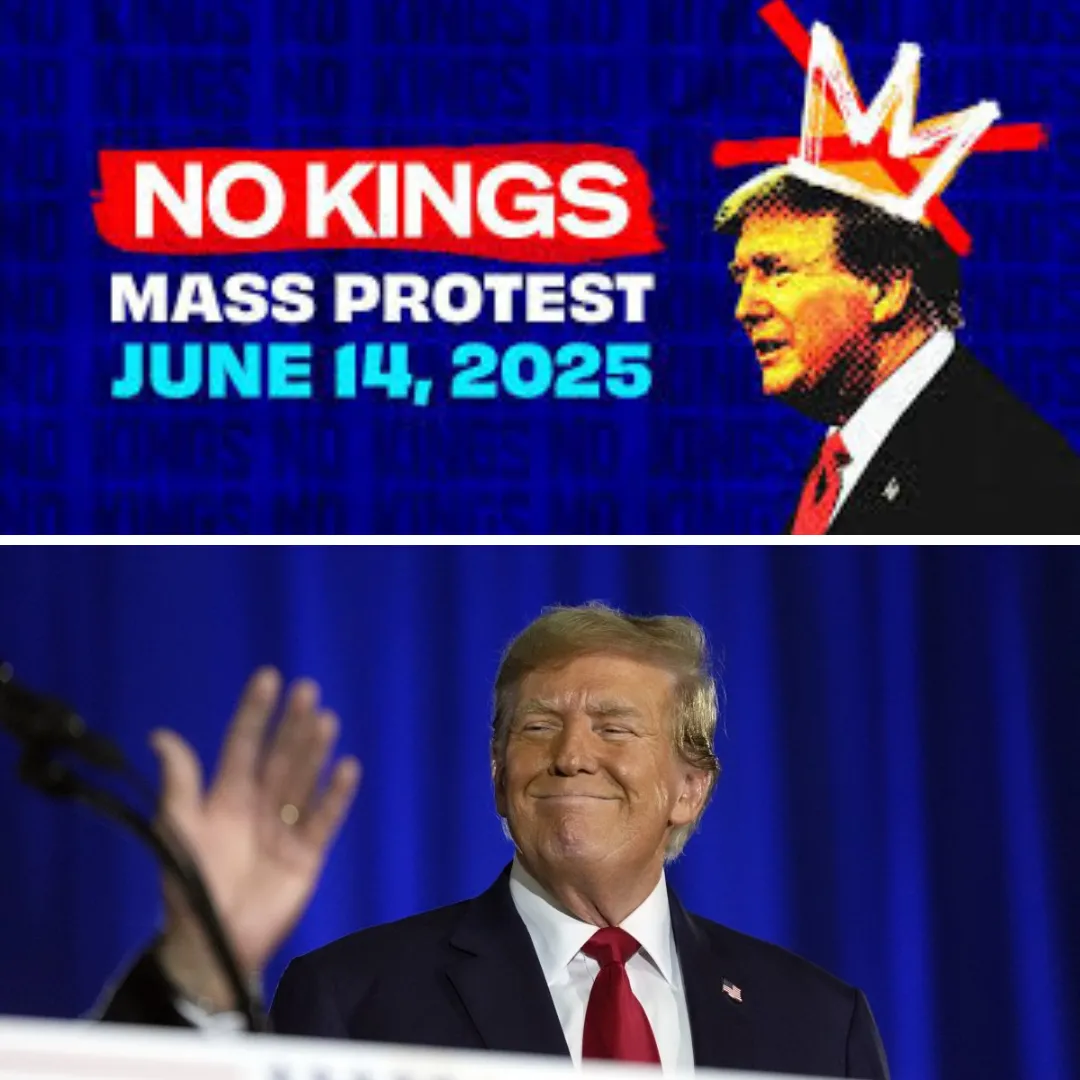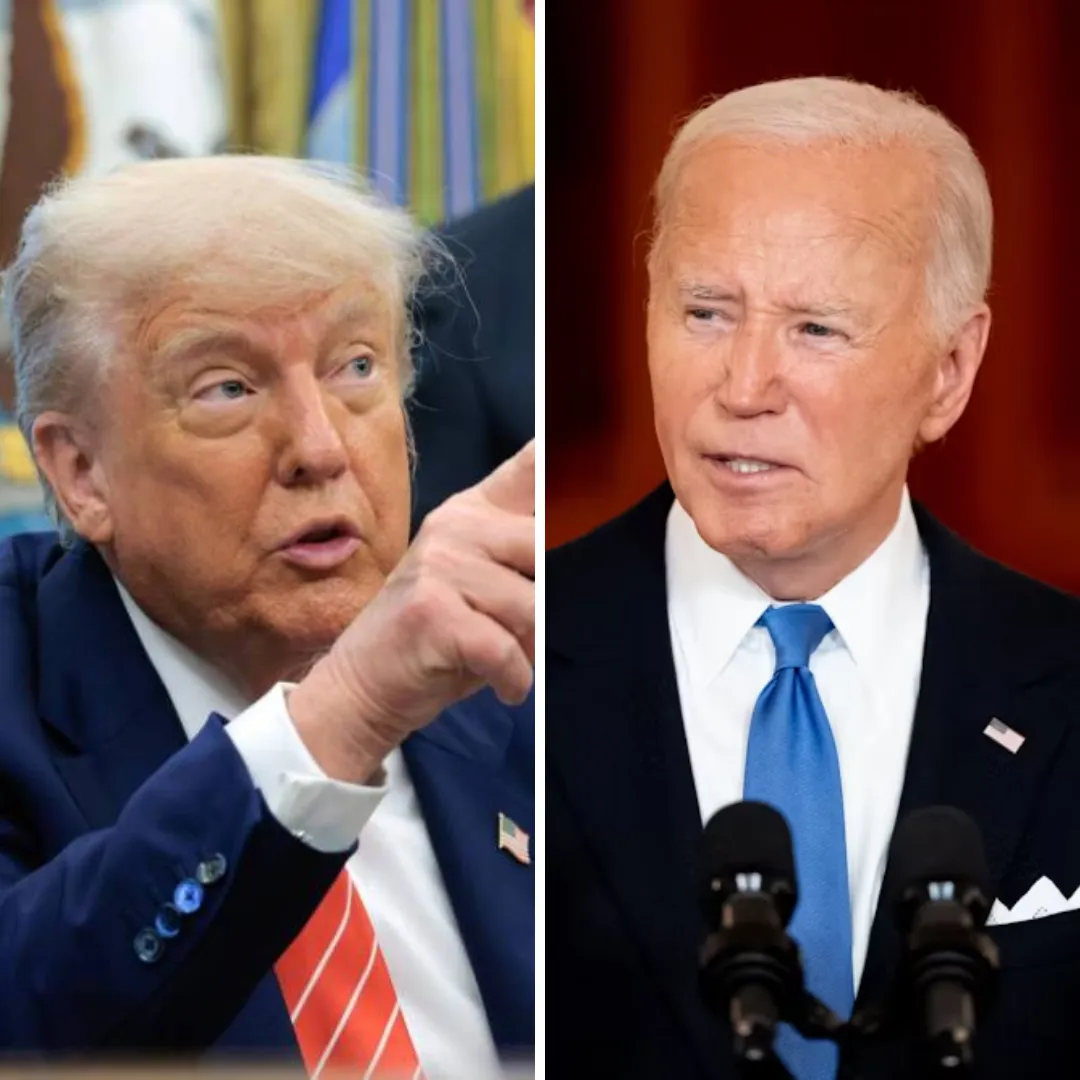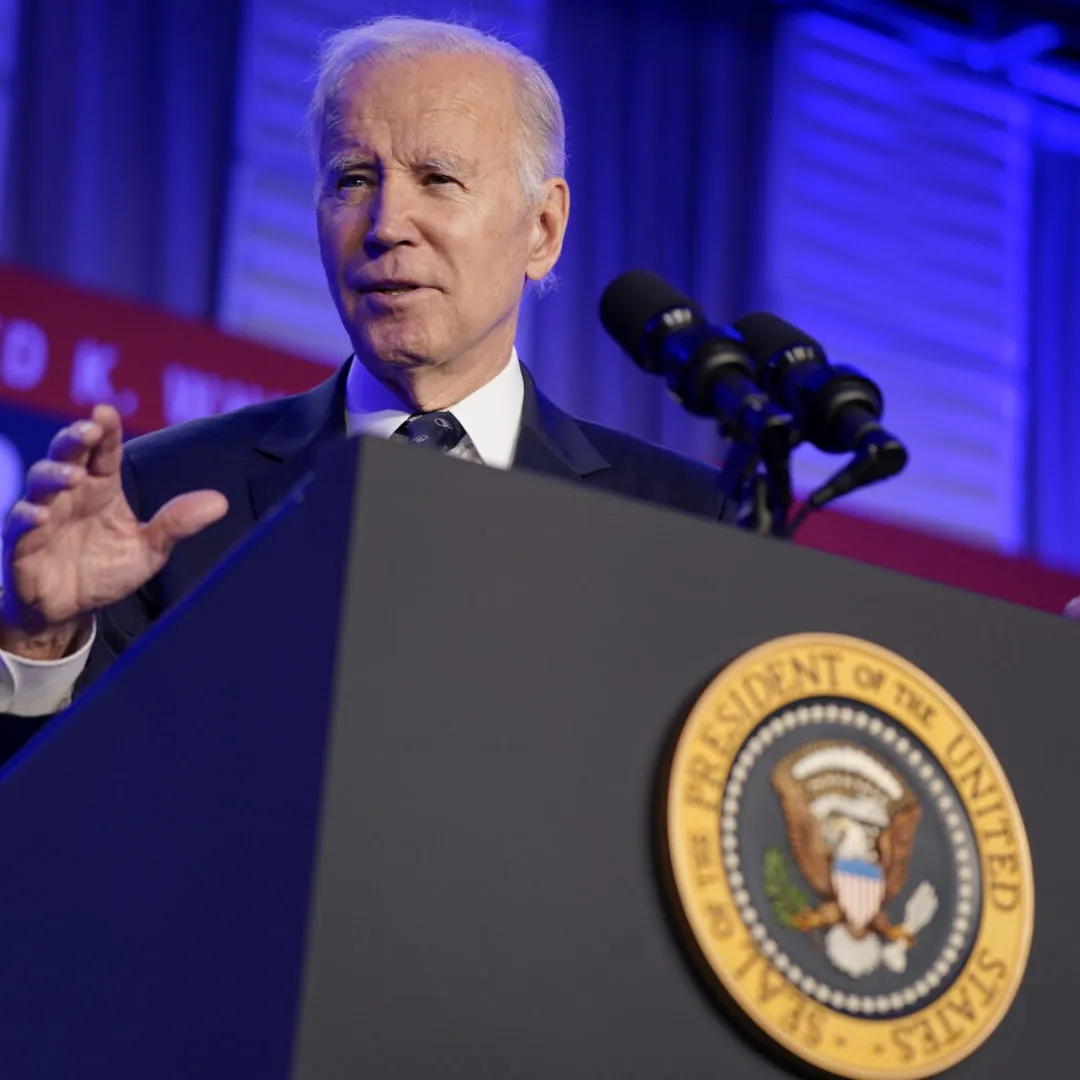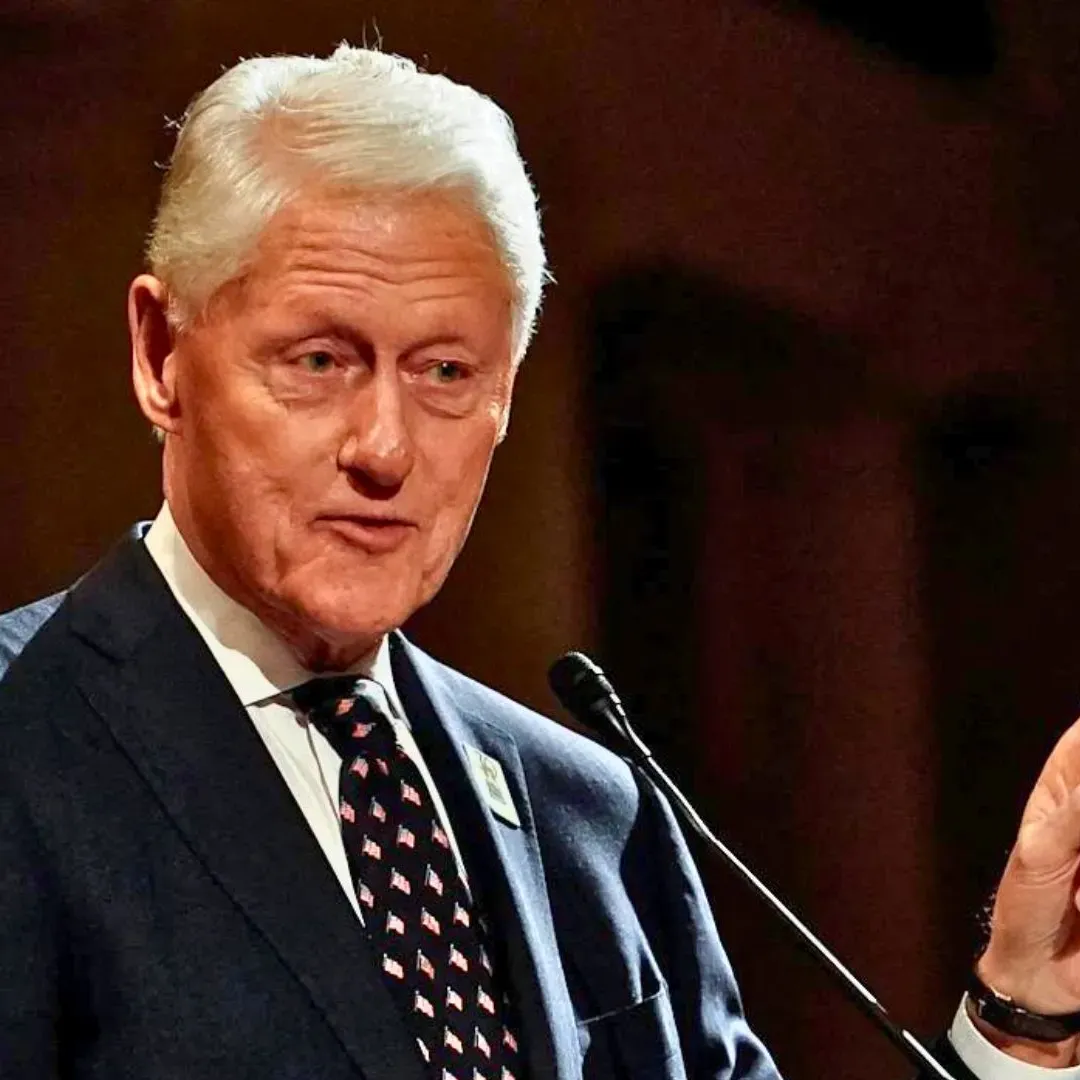
Democratic leaders are navigating an increasingly fraught political environment as they attempt to strike a balance between progressive calls for a more aggressive response to President Donald Trump and centrist appeals for cooperation with the administration.
From grassroots organizers to elected officials, the divide within the party continues to grow as the stakes heighten heading into the midterm elections. On one side are progressives demanding that party leaders adopt a more confrontational stance, accusing them of moving too cautiously in the face of what they consider to be authoritarian behavior and blatant disregard for democratic norms.
On the other are moderates and political pragmatists warning that overly antagonistic tactics may alienate swing voters in competitive districts and derail the party’s chances of reclaiming the House.
As Democratic leaders attempt to please both camps without losing the support of either, their ability to maintain unity has been tested again and again. The result has been a series of compromises and public statements aimed at signaling strength without provoking backlash.
Yet the effort to straddle both worlds has only underscored the fundamental differences in strategy and tone among the party’s most influential voices. Progressives are not holding back in their critique.
Usamah Andrabi, spokesperson for Justice Democrats, a liberal advocacy group aligned with several high-profile progressive lawmakers, said, “If you want to be in Democratic leadership, then you need to take accountability for the party and the direction of what this party’s doing to fight back.”
He continued, “What we have seen very clearly was, once Trump was inaugurated, it almost felt like this Democratic leadership and party were just not ready to take on this moment. And they absolutely failed to meet the urgency of this moment or the scale of the crisis.”
Andrabi pointed to a series of decisions made by Democratic lawmakers that have infuriated activists, including support for Trump’s Cabinet nominations and the passage of a government spending bill in March that received bipartisan backing.

In the eyes of many progressives, these votes signaled a willingness to accommodate rather than resist. Andrabi said, “I think voters are just waking up to see that this party, in the way it looks right now, is not functioning as the opposition party they desperately need it to be.”
Democratic leadership has rejected the criticism, insisting that their minority status in both chambers limits what they can realistically achieve. House Minority Leader Hakeem Jeffries defended the party’s efforts, pointing to a long list of actions taken in response to Trump’s policies.
He said, “We continue to be in a ‘more is more’ environment. Rallies, press conferences, demonstrations, sit-ins, town hall meetings in Democratic districts, town hall meetings in Republican districts, days of action. More is more and that’s, I think, what you’ve seen over the last 100 days. And that’s what you’ll continue to see.”
But the tension over how to respond to the Trump administration has found its sharpest edge on the issue of immigration, particularly in the case of Kilmar Abrego Garcia, a former Maryland resident who was deported to El Salvador in March despite court rulings suggesting the deportation was improper.
Progressive lawmakers and activists view his case as emblematic of the administration’s disregard for the rule of law and the dangers of its immigration enforcement strategy.
Four progressive members of the House traveled to El Salvador to meet Abrego Garcia in person, following a similar visit by Senator Chris Van Hollen of Maryland. The trip received praise from activist circles, where it was seen as a rare show of force and a meaningful effort to draw attention to the human cost of Trump’s deportation policies.
Andrabi said, “There is a reason that people were so ecstatic about Chris Van Hollen and other members of Congress doing that because it felt like, Wow, finally showing signs of life from this Democratic Party about what to do and how to fight back. And we should want a lot more of that.”

Not everyone in the party agrees. Representative Henry Cuellar of Texas, a moderate Democrat from a border district, cautioned against embracing Abrego Garcia as a cause célèbre. In an interview with Fox News, Cuellar said, “When you look at immigration, is this the immigration case you want to take to fight on? In my opinion, absolutely no.”
Cuellar noted that Abrego Garcia has faced accusations of gang ties, though his family denies those allegations. His comments reflect a broader concern among moderates that the party must be careful in choosing which battles to elevate, particularly on hot-button issues like immigration, where public opinion remains sharply divided.
Impeachment represents another source of internal conflict. While some Democrats, especially within the progressive ranks, are actively pressing for articles of impeachment, others are urging caution.
They argue that without control of the House, any impeachment effort is bound to fail and could instead backfire by playing into Trump’s narrative that he is being unfairly targeted by political enemies.
One House Democratic aide, speaking anonymously, said, “There are a variety of tools available to us. Impeachment’s just not a very effective one. We don’t have the numbers — the numbers are not there. So this becomes a show thing — a thing to just basically punch at him with, and it’s something that Donald Trump can punch back with and be like, ‘Look, they’re just against me no matter what. They hate Trump.’”
Democratic leadership appears to share that sentiment. Representative Pete Aguilar of California said recently that impeachment “is not an exercise that we’re willing to undertake.”
Nevertheless, a small group of lawmakers has continued to push forward. Representative Shri Thanedar of Michigan introduced seven articles of impeachment against Trump late last month, and he is not alone in the effort.

Representative Maxine Waters of California has also voiced her support for impeachment, citing what she sees as a growing list of offenses. Waters said, “We have a president who has created his own crypto. He has now created his own stablecoin.
And he has connected campaign fundraising at Mar-a-Lago and the White House by inviting people who invest. Have you heard about all of this?” She continued, “I just think there’s something here that is so unseemly about not only the disrespect, but the disrespect for everything — the laws, the Constitution, the democracy.”
The push for impeachment has not gone unnoticed by Trump, who is now calling on Republicans in Congress to consider expelling any Democrats who support his ouster.
His remarks, delivered at a campaign event last week, were a direct response to the actions of Waters and other lawmakers advocating for his removal. Trump said the Democrats pursuing impeachment were “engaging in a desperate and illegal power grab” and accused them of undermining the will of the people.
He urged Republican leaders to take action against what he described as an attack on the legitimacy of his presidency. The escalating rhetoric on both sides has further complicated the task facing Democratic leaders as they try to maintain party unity ahead of a critical election season.
With control of the House potentially within reach, Democratic strategists are focused on winning over centrist and independent voters in battleground districts. But the more they seek to moderate their message for electoral gain, the greater the risk of alienating a progressive base that is increasingly vocal in its demands for accountability and resistance.
The road ahead offers no easy answers. Every decision — whether to press forward with impeachment, to confront the administration over deportations, or to vote for or against bipartisan legislation — carries the potential to energize one faction of the party while deflating another.
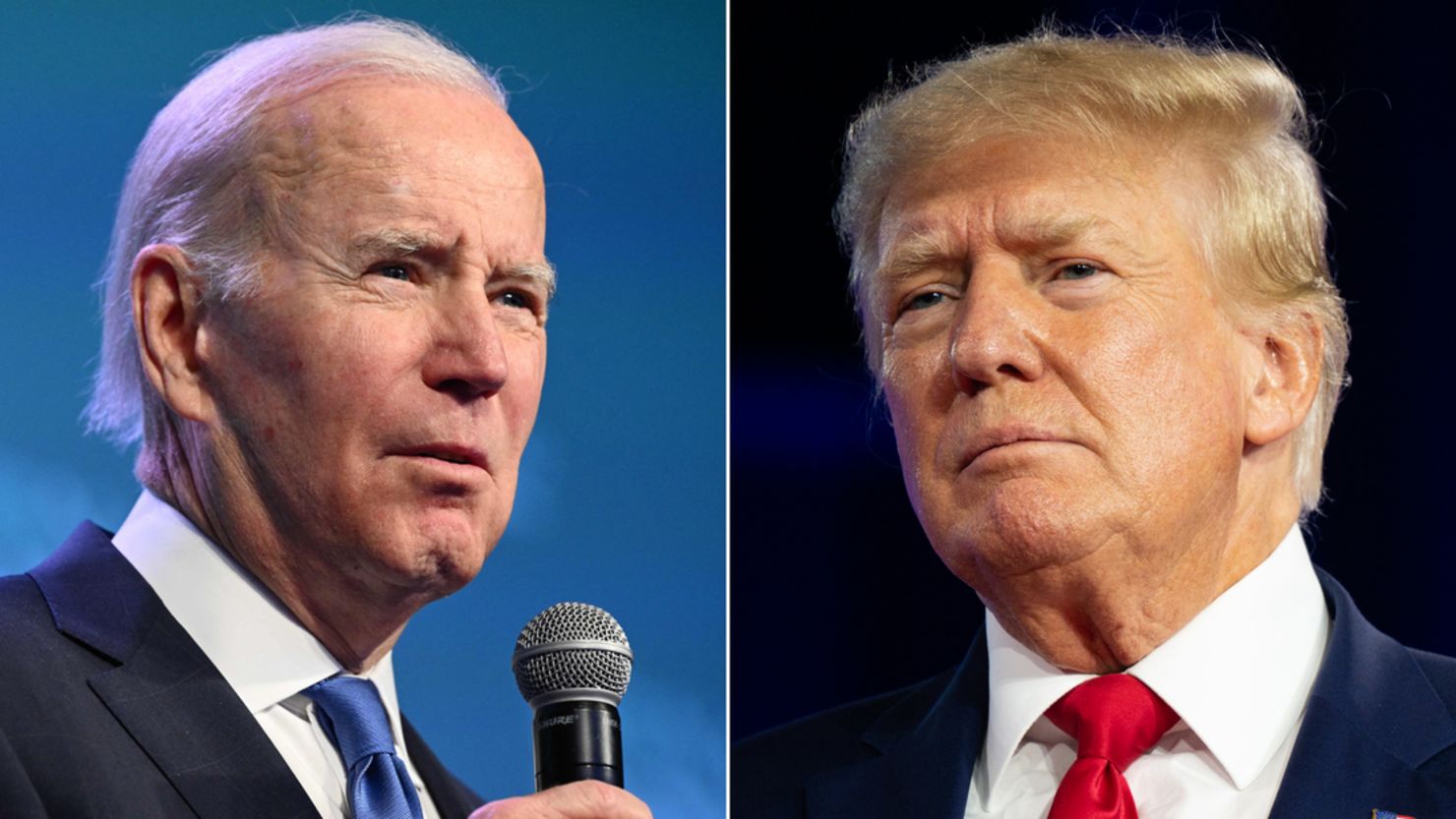
The Goldilocks dilemma facing Democratic leadership is not simply about choosing the right temperature but about navigating a landscape where every degree matters.
As Trump continues to challenge political norms and defy institutional checks, the party that opposes him must decide not just how hard to fight, but how to define the fight itself. For now, Democratic leaders walk a tightrope between conviction and caution, hoping the balancing act will hold long enough to shift the balance of power.
